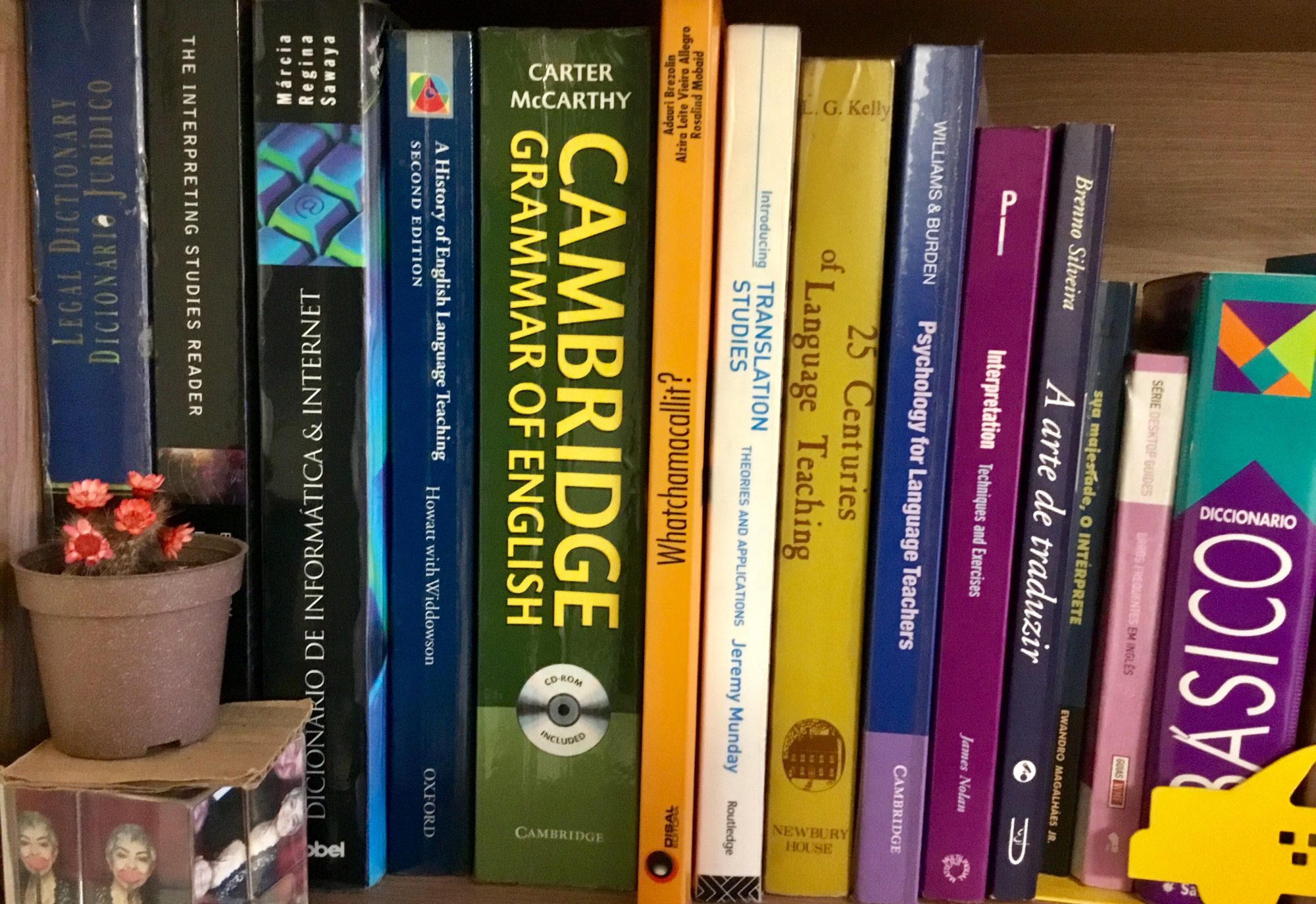I constantly insist with my students that learning a language shouldn’t be their goal – their raison d’être. They study English or French or Spanish because they hope to use it when traveling, or for professional and personal development, for instance.
Today I’ve been reminded of Alice – a great, hardworking student in her professional life but who refuses to review or practice anything taught in class.
Alice loves to talk and her professional vocabulary is quite good since she is involved in billing international clients and can write quite well, having a good grammar domain. But she’s got a limited vocabulary when outside her professional jargon.
Her favorite question is: “How can I say ___X____ in English?”
One day, in a 20 minute interval, she asked the following list in Portuguese:
“Teacher…, How can I say…
1. ócio
2. sovina
3. contestação
4. juventude
5. garra
6 pegadinha
7. sangue frio
8. costurar
9. não pisque!
10. sensível
11. sensato
12. retina
13. estar acordado
14. fábrica de dinheiro
15. medo
16. acompanhante
17. tenho o costume
18. sou banana
19. catarata
20. cicatrizar
21. médico
22. particular
23. meta
24. avental
Knowing that so many words would be gone with the wind as soon as she had walked out of the room, I decided to play a game with her. Instead of being her

human super dictionary faster than google translator, I wrote down the list on a sheet of paper and gave it to her. I told her: “Remember that words must be used in context, so look up the translations of the words but check the meaning in English to see if they fit the context you want to place them in. By looking them up and writing them down you’ll be able to remember them in the future.”
She agreed and left – this was in March – now June 2015 (at least we’re in the same year) she hasn’t done the so-called “homework”. I’ve challenged her a few times but she says she doesn’t like to be pressured. She is hard pressed enough doing her job.
So, for our next class we are going to sit down (or stand up – if based on the latest studies on how standing up is better to your health) and go over the list and see how much she remembers and can use in context.
Keep on trying,
Cheers,
Mo


